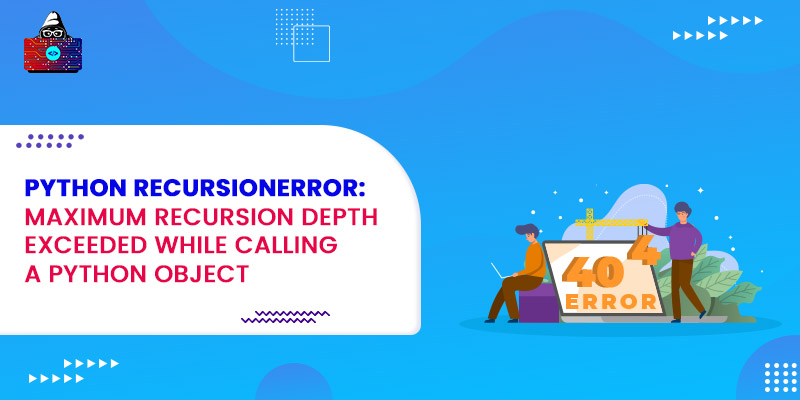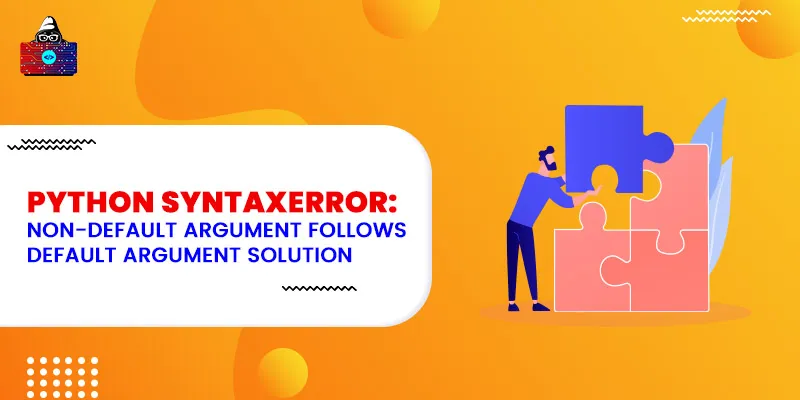PROGRAMMING LANGUAGE

Python Uppercase: A Complete Guide
In Python, we have a upper() method for string data values, which can convert all the lowercase let…

Python isalpha, insumeric and isalnum(): A complete Guide
The Python isalpha(), isnumeric() and isalnum() are three string methods that return boolean value …

Python Optional Arguments: A Complete Guide
In Python, if a function has a default parameter value at function definition, then during the func…

Python TypeError: list indices must be integers or slices, not float Solution
In Python, we use index numbers to access an individual element from a list. The index number of ev…

Python TypeError: unsupported operand type(s) for +: 'NoneType' and 'str' Solution
We can use the + operator in Python to add two numbers and merge two string values. But if we perfo…

Python SyntaxError: cannot assign to operator Solution
We can assign the result of a mathematical calculation to a variable, but we can not assign a value…

Python TypeError: can only join an iterable Solution
With the help of a Python string join() method, we can concatenate all the string values of an iter…

Python RecursionError: maximum recursion depth exceeded while calling a Python object
In programming, recursive functions are routines or methods that call themselves directly or indire…
![Python FileNotFoundError: [Errno 2] No such file or directory Solution](/media/new_post_images/Python-FileNotFoundError-Errno-2-No-such-file-or-directory-Solution.webp)
Python FileNotFoundError: [Errno 2] No such file or directory Solution
When we read data from a file using Python there, we need to specify the file name. And that file n…

Python SyntaxError: non-default argument follows default argument Solution
While defining arguments in a function definition, we can set default argument values, making the a…

Python Rename File: A Complete Guide
Python provides the os module to perform the operating system-dependent functionalities. There is a…

Python AttributeError: 'numpy.ndarray' object has no attribute 'append' Solution
Numpy is a third-party open-source Python scientific computational library. It is widely used for i…
